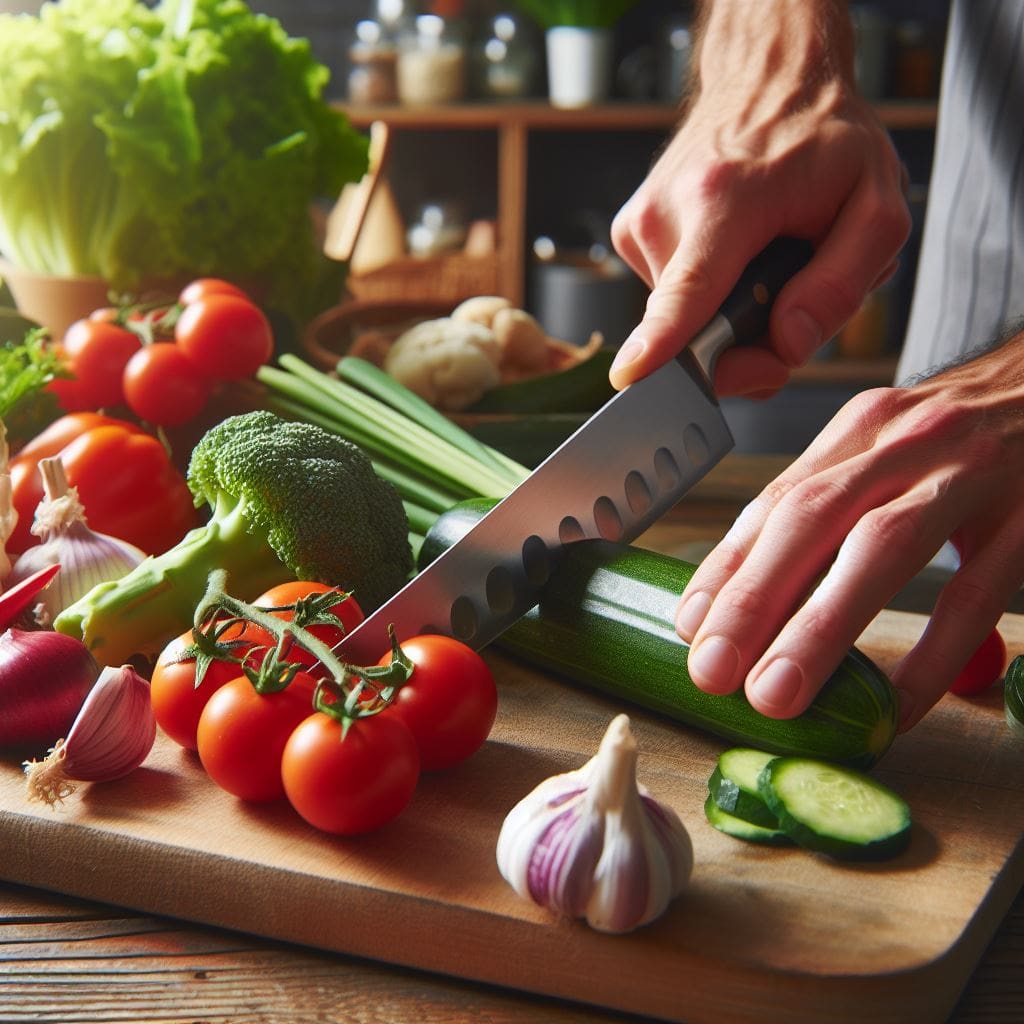Search Posts
Recent Posts
- A crack in the foundation – Michael Morse June 8, 2025
- Ask Chef Walter: Ultra processed foods – Chef Walter Potenza June 8, 2025
- Rhode Island Weather for June 9, 2025 – Jack Donnelly June 8, 2025
- Vinny Paz to be inducted TODAY into the International Boxing Hall of Fame – CES Boxing June 7, 2025
- In the News… quick recap of the week’s news (6.7.25) June 7, 2025
Categories
Subscribe!
Thanks for subscribing! Please check your email for further instructions.

Ask Chef Walter: Kitchen Tips #1 – Walter Potenza
by Executive Chef Walter Potenza, contributing writer
Friends:
Creating an efficient and enjoyable kitchen routine can transform everyday cooking into a delightful experience. From organizing your pantry to mastering quick meal prep techniques, a few thoughtful strategies can streamline your time in the kitchen. This 10-point guide will share practical tips on optimizing storage, selecting versatile tools, and implementing intelligent habits that make cooking and cleanup easier. Whether you’re a seasoned home cook or just starting these every day kitchen suggestions will help you create a more functional and inspiring culinary space.
1. When you set up your workspace area, remember to use a sanitized cutting board and clean tools, bowls, and utensils. Also, keep a trashcan within arm’s reach. For safety purposes, never trust anyone in the kitchen but yourself.
2. To make an egg wash, whisk together a large egg with one tablespoon of water or milk until smooth. Use it as a glue to seal pastries, then brush on top for a glossy appearance. Egg wash is also used for the breading process.
3. If you need to peel a tomato or a peach, cut an X on top and simmer in hot water for 15 to 30 seconds. Cool down, and the skin will fall right off. Surfaces are full of nutrients but not easily digested. Remove seeds from the tomatoes. You can boil them to make tomato water and drink it.
4. Wear comfortable shoes, clothes, and an apron when you work in the kitchen, and you won’t have to worry about getting dirty; good shoes are fundamental and help relieve back pain and tiredness or possible slip and fall.
5. A good investment is a kitchen scale. Scales accurately measure your cooking ingredients and streamline the entire process. Also, when baking, weigh the ingredients and do not use the cup or ounce method. This practice often reveals inaccuracies.
6. Always read and re-read your recipes before you start cooking, but keep in mind the source. Method styles vary, and using your imagination is essential. When reading a recipe, try to memorize the steps. Often, you can do the job in less time.
7. Clean as you go. This is one of my most crucial kitchen practices. You are NOT a good cook if you are sloppy and disorganized, using all the kitchen footage to make a soup. Chefs do not have all that real estate to work with, and compact cooking is a sign of creative cooks.
8. Use two skewers instead of 1 when grilling or roasting to prevent your food from spinning.
9. Learn and practice the rule of a fist to check the readiness of steak. A hard-strong fist means meat is well done. A relaxed fit gives you a rare meat option. Testing is possible at the top portion of the palm.
10. Add olive oil to prevent the butter from over-browning in your pan. Keep straight butter if you need color for the food you are cooking. Blending the two fats, especially in risotto, prevents onions or other vegetables from changing color.

F+K Branded Images

